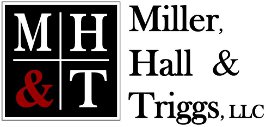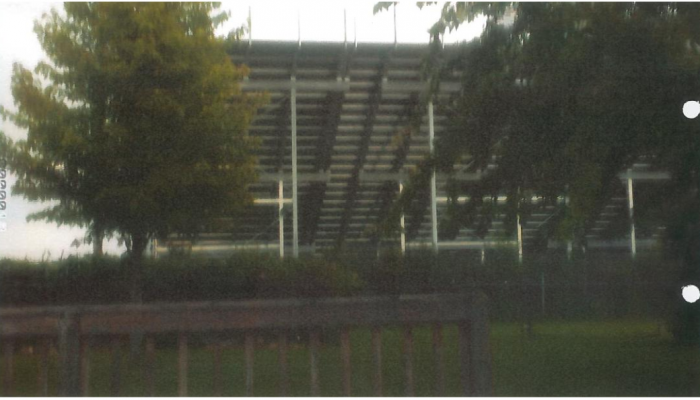Officer-Involved Deaths, Body Cameras, Terry Stops, Towing of Vehicles, and More By Kateah M. McMasters kateah.mcmasters@mhtlaw.com On January 1, 2016 several new laws regulating law enforcement agencies and their activities went into effect. A brief summary of each law is provided below. Public Act 99-352 Law Enforcement Officer-Worn Body Camera Act: The Act provides that…
Category: Local Government and Public Finance
Municipal Tow Fees
Recent Guidance from Illinois Courts May Limit the Amount that May be Collected By Katherine Swise katherine.swise@mhtlaw.com The Illinois Vehicle Code authorizes municipalities to impose an administrative fee for the processing and release of lawfully impounded vehicles. However, a recent Illinois appellate court decision has brought into question the amount of such fees that can…
Administrative Enforcement of Code Violations
Non-home rule municipalities may now enforce administrative orders in the same manner as judicial orders By Katherine Swise Many municipalities prosecute ordinance violations through an administrative procedure in order to avoid the costs associated with court proceedings. However, until recently, non-home rule municipalities were still required to commence proceedings in circuit court in order to…
School Districts Must Comply with Zoning
Municipal zoning ordinances govern school district construction on school property By Joshua D. Herman joshua.herman@mhtlaw.com On September 24, 2015, the Illinois Supreme Court held in the case of Gurba v. Community High School Dist. No. 155, 2015 IL 118332, that a school district’s construction and use of school property is subject to municipal zoning ordinances….
Email Addresses Must Be Posted on Public Body’s Website
If you have a website, a new law requires posting certain trustee, council or board member email addresses By Joshua D. Herman joshua.herman@mhtlaw.com The Illinois Local Records Act was amended by the addition of 50 ILCS 205/20, which became effective January 1, 2015. The amendment requires units of local government and school districts that serve…
Crucial Rule for Processing Traffic Tickets
Court dismisses ticket because it was not transmitted to circuit clerk within 48-hour deadline By Kateah M. McMasters Supreme Court Rule 552 requires municipal police officers and police departments to transmit traffic citations to the circuit clerk within 48 hours of issuance. In 1989, the Illinois Appellate Court held that this Rule is directory rather…
Personal Information Obtained From Driver’s Record Must Be Removed From FOIA Responses
Public bodies take note, new case holds newspaper may have violated law by publishing personal information obtained from driving records By Joshua D. Herman joshua.herman@mhtlaw.com Newspapers often pursue legal and administrative remedies against public bodies, alleging failure to properly disclose information in response to a Freedom of Information Act (“FOIA”) request. The tables were turned…
Ban the Box
New Law Prohibits Asking About Job Applicant’s Criminal History By Kateah M. McMasters Beginning January 1, 2015, the Job Opportunities for Qualified Applicants Act (the “Act”), P.A. 98-774, prohibits employers from asking potential employees to “check a box” or to otherwise provide detailed information about his or her criminal history on a job application. The…
Rule Barring Former Public Employee Lawsuits
Court Rules Former Public Employees Have Only Six Months To Bring Suit For Backpay By Joshua D. Herman joshua.herman@mhtlaw.com Plaintiffs are required to bring an action enforcing their legal rights within a limited time after they are injured. A statute of limitations typically establishes the maximum time after an injury that a suit can be…
New Rules Regarding Public Comments
Requiring Speakers To State Their Home Addresses Violates The Open Meetings Act By Richard M. Joseph richard.joseph@mhtlaw.com On September 4, 2014, the Illinois Attorney General issued a binding opinion stating that a public body that required speakers to provide their home addresses prior to addressing governmental bodies violates the Illinois Open Meetings Act. This opinion…

